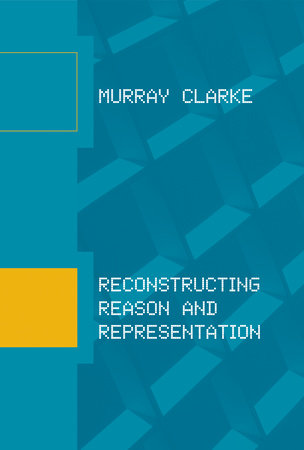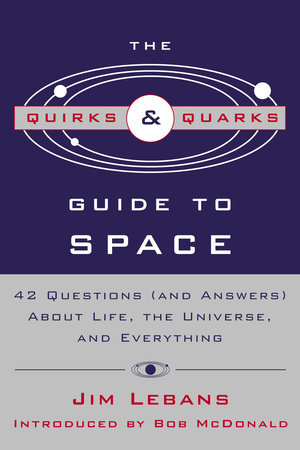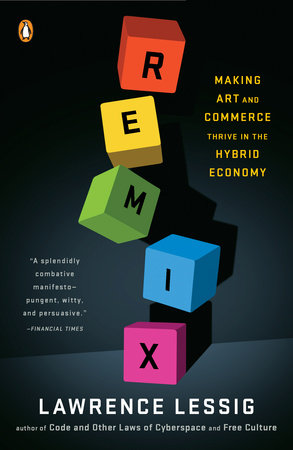

Add to Bookshelf
Reconstructing Reason and Representation
By Murray Clarke
By Murray Clarke
Best Seller
Category: Philosophy | Psychology

Paperback
$35.00
Jun 07, 2022 | ISBN 9780262545754
-
$35.00
Jun 07, 2022 | ISBN 9780262545754
Buy the Paperback:
YOU MAY ALSO LIKE

Design for Belonging
Paperback
$15.99

The Quirks & Quarks Guide to Space
Paperback
$18.95

DNA
Ebook
$13.99

The Riddle of Scheherazade
Ebook
$9.99

21st Century Guide to Increasing Your Reading Speed
Paperback
$15.00

DC Comics Cover Art
Ebook
$12.99

Remix
Paperback
$24.00
×
Become a Member
Just for joining you’ll get personalized recommendations on your dashboard daily and features only for members.
Find Out More Join Now Sign In











